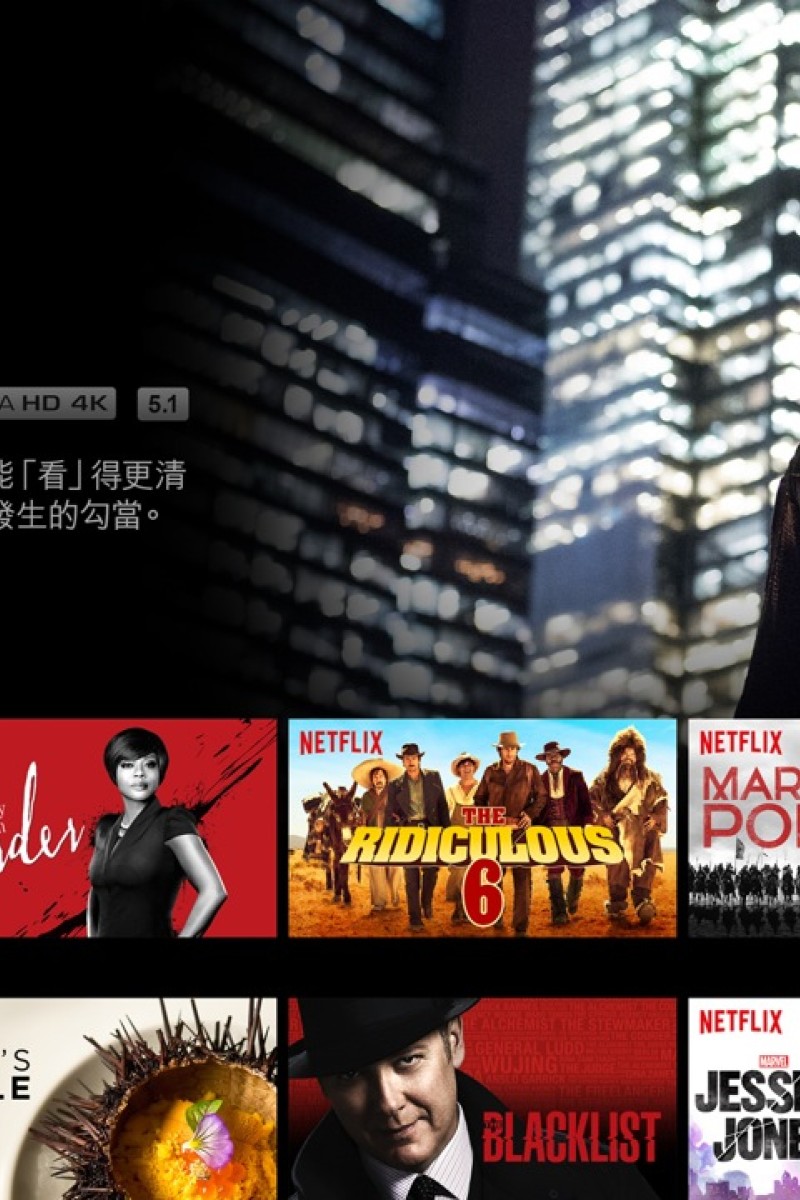
It may be too early to call Netflix the ‘industry game-changer’
Although Netflix has tried to diversify, providing shows that are popular with the Asian market – anime, for example – it is unlikely to achieve universal appeal

 Netflix Hong Kong .
Netflix Hong Kong .It was January 6th, 2016. The news spread in my school as quickly as gossip does: Netflix was available in Hong Kong. It was 9am in the morning, and I quickly typed “netflix.com” into my browser to see if it was true.
Most people have heard of Netflix – a company that provides unlimited streaming services for various TV shows and movies for a monthly subscription fee. Until several weeks ago, Netflix was a service exclusive to those in select countries – the US, Canada, the UK ...
When Netflix unexpectedly went global, many expected it to completely revolutionise the TV and movie industry in many countries, including Hong Kong, introducing new competition into a sluggish, inefficient and often heavily criticised monopoly (in Hong Kong’s case, TVB). Many saw it as an ethical alternative for viewers to watch TV shows from other countries (often blocked from Hong Kong or released months later after their US premiere due to ‘geographical restrictions’) without having to download or stream them illegally.
I, for one, was extremely excited when Netflix arrived. But I don’t think it is an industry game-changer, or at least in Hong Kong, and here’s why.
Netflix is still plagued with geographical restrictions. After signing up for a trial subscription I was disappointed to find that my favourite TV shows – Grey’s Anatomy, Suits, Friends – were still unavailable. In fact, according to Netflixable, the Netflix in the United States has over 7,000 titles available, whereas the number for Hong Kong is floating around the hundreds. There is an extremely limited selection.
When the majority of the population speaks Cantonese as their first language, Netflix, as a platform that predominantly features English shows, is unlikely to break through into the market. It is likely to only cater for the small segment of the population that frequently enjoys foreign TV shows. Although it has tried to diversify, providing shows that are popular with the Asian market – anime, for example – it is unlikely to achieve universal appeal.
